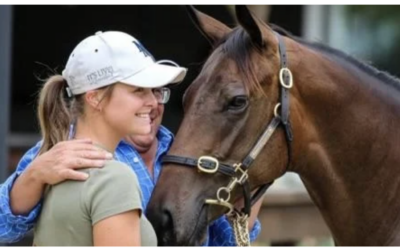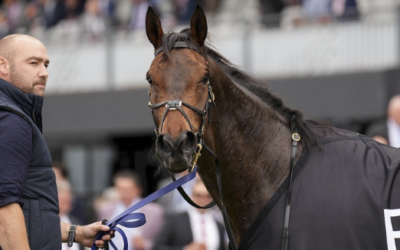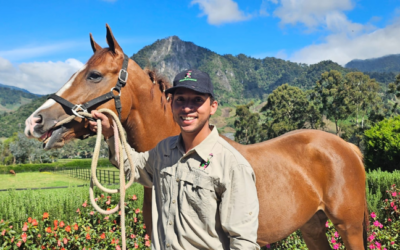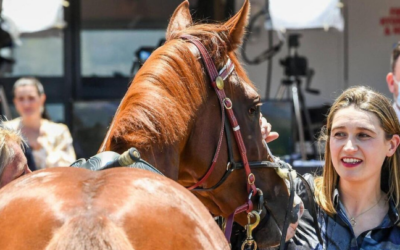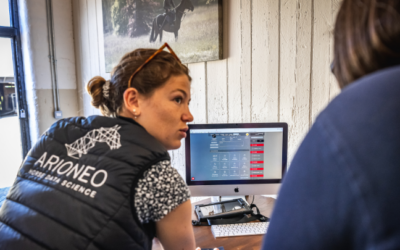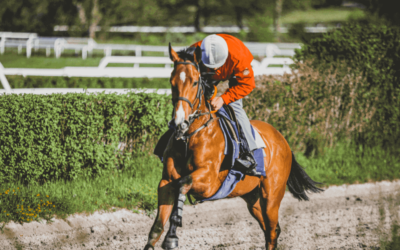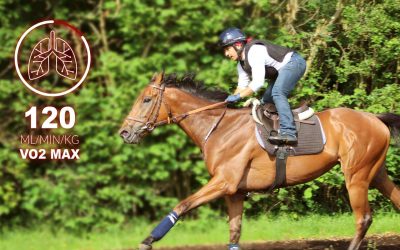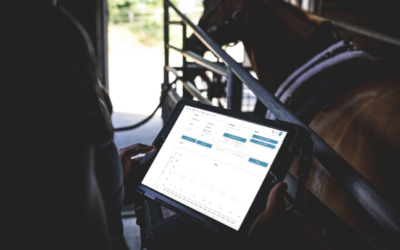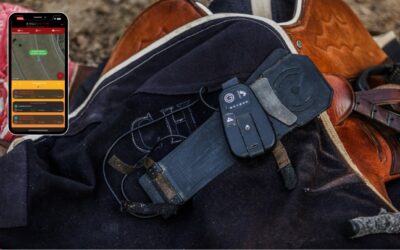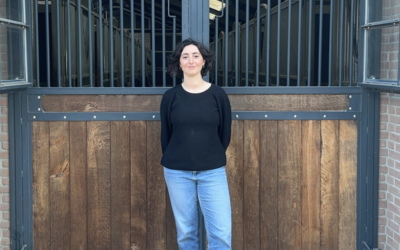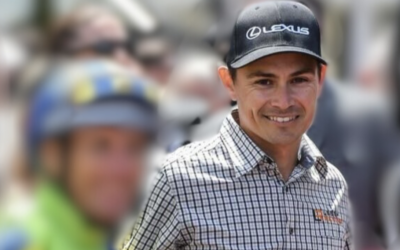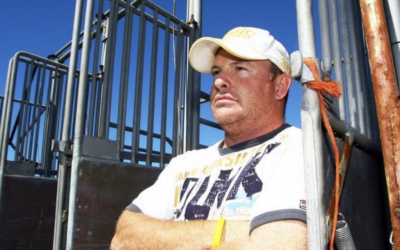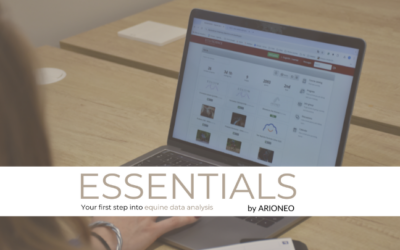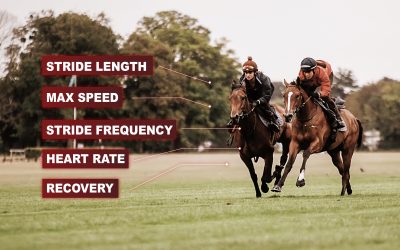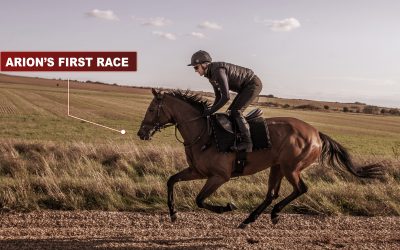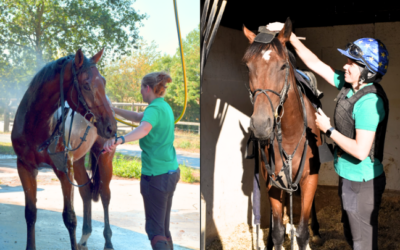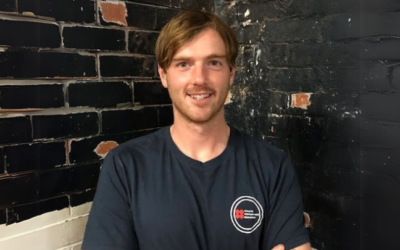EXPLORE OUR BLOG
Here you will find a lot of information to better understand performance and health measurements as well as tips about racehorse training and well-being.
LATEST ARTICLES
How the Advanced program helped Tammy Feek harness the full potential of equine data
Having used Equimetre technology for several years, Tammy explains how the program has deepened her understanding of data analysis and its role in optimizing racehorse performance and well-being.
Michael Blomeley: How the Advanced program is helping racehorse training with data science
Driven by his ambition to become a successful trainer, Michael explains how the Advanced program has equipped him to integrate data and sports science into his daily routine.
Jose Gutierrez & the Advanced program : Enhancing horse training with data analysis
In the world of horse racing, success is often attributed to instinct, experience, and tradition. However, Jose Gutierrez is proving that data analytics is the next frontier in optimizing performance and ensuring equine well-being.
Caroline Jennings & the Advanced program: revolutionizing equine research
Caroline Jennings, expert trainer in biomechanics and equine research, integrates cutting-edge analysis to optimize horse performance and well-being.
How to get started with data collection?
In the horseracing industry, more and more trainers and owners are exploring the combination of human intuition and data science to optimize the performance and well-being of their horses.
Tom Charlton & John O’Shea: revolutionizing training techniques using Equimetre data
Tom Charlton shares his experience and views on the growing importance of data in racehorse training
BROWSE AMONG OUR CATEGORIES
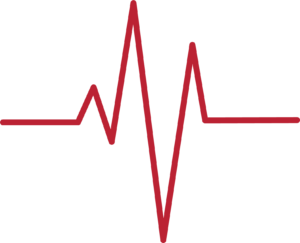
Equine Physiology

Testimonials
Racehorse training
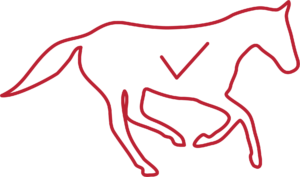
Young racehorses
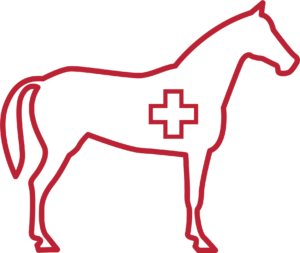
Health & Science
Standardbreds
EQUINE PHYSIOLOGY
Thermoregulation in horses: how do they regulate their body heat?
Thermoregulation in horses is the set of mechanisms that allow them to maintain a desired temperature. How does it work?
How to prevent myositis in horses thanks to data?
In this article, we share the story of Arion, whose training data analysis helped prevent myositis.
Exertional rhabdomyolysis in horses
Exertional rhabdomyolysis in horses, also known as tying-up, Monday disease or myositis, is defined as a painful muscle disease induced by exercise.
Muscular physiology in the athletic horse
Muscular physiology in the horse athlete is an important factor to study when interested in his training. Indeed, the muscles participate in various functions essential to the horse’s life (breathing, digestion…) and to its adaptation to the surrounding environment. The muscles are part of the different components that contribute to the performance of the horse athlete as they fulfill locomotion purposes: a horse that is ideally muscled will have a better chance of winning a race.
4 questions to analyze your racehorses’ fitness
With four questions frequently asked by trainers, this article presents the essential parameters to collect in order to evaluate your horses’ fitness easily.
4 reasons to analyze VO2Max in racehorse training
VO2Max is a key paramater to measure the intensity of a horse’s effort. It can be used to establish a race strategy, calculate the intensity of a training or to follow a racehorse’s performances over time.
RACEHORSE TRAINING MONITORING
Dashboard Vet, launch of a new feature: ECG sharing and analysis
Arioneo is launching a new feature that makes it easier to share and analyse your horse’s ECG with your vet.
EQUIMETRE 2.0: Revolutionize your training with real-time tracking
With the recent release of Equimetre 2.0, our sensors have taken technology to a new level, offering real-time tracking functionality.
Giordana Girini, integrating the Advanced program into her vision of a future data analyst
Giordana, an equine science and osteopathy enthusiast, tells us about her journey, her experience with the Advanced program, and how she integrates data into her daily life.
How Jarrad Cook, data analyst at Kris Lees Racing improved his data knowledge with the Advanced program
Jarrad Cook, data analyst at Kris Lees Racing in Australia, shares his experience of the Advanced program and how he uses the Equimetre in his daily work.
Laura Fitzharris: how does the Advanced program integrate her veterinary practice?
Laura tells us how the Advanced program has enriched her veterinary practice and enabled her to integrate data into the monitoring of athlete horses.
Equine technology: Better understand your horses with Arioneo data, Darryl Ward’s EQUIMETRE experience
In this interview, find out how Deagon trainer Darryl Ward has integrated equine technology into his training with EQUIMETRE.
EQUINE HEALTH & SCIENCE
Caroline Jennings & the Advanced program: revolutionizing equine research
Caroline Jennings, expert trainer in biomechanics and equine research, integrates cutting-edge analysis to optimize horse performance and well-being.
How to get started with data collection?
In the horseracing industry, more and more trainers and owners are exploring the combination of human intuition and data science to optimize the performance and well-being of their horses.
8 reasons to do the Essentials program
Data is revolutionising equestrian sports and racing. the Essentials training is the ideal introduction for trainers, riders and equine science enthusiasts.
YOUNG RACEHORSES MONITORING
Debutant horses : how to prepare their first race ?
Debutant horses symbolise the future champions of horse racing. How can data science assist you in making the most of their first racing experience?
4 elements to objectivize when training young horses
The arrival of the two-year-olds in the stables is always an exciting and dreamy time for racehorse trainers. Training a two-year-old is the opportunity to detect within his stable a future crack capable of running and winning group races. Discover in this article 4 elements to be objectified during the training of the newly arrived two-year-olds in the stable.
Monitoring 2 years old horses training thanks to data
Every winter trainers welcome a new generation of athletes to their stables. Find out about the data they need to analyze during their training sessions.
STANDARDBREDS TRAINING
No Results Found
The page you requested could not be found. Try refining your search, or use the navigation above to locate the post.
TESTIMONIALS
Louisa Carberry: “Equimetre is a real asset for refining our daily training.”
Discover how renowned steeplechase trainer Louisa Carberry integrates Equimetre into her daily routine to refine training, monitor fitness, and optimize performance through data—without replacing intuition.
Bridging data & sports with the Advanced Program: Dr Keila Coelho on using data to transform jumping horse care
Following Arioneo’s Advanced programme, Dr Keila Coelho uses data to improve the care and performance of show jumping horses—an inspiring story at the crossroads of sport and science.
Interview with Matthew Taylor: what the Essentials & Advanced programs brought to his professional experience
Discover Matt Taylor’s opinion on Arioneo Institute training courses and the evolution of human and equine performance thanks to new technologies.

